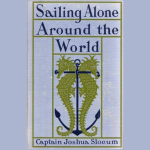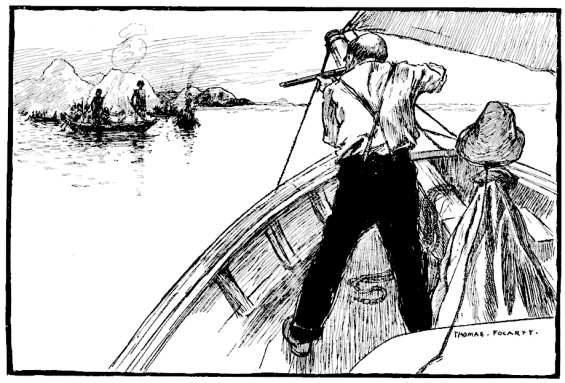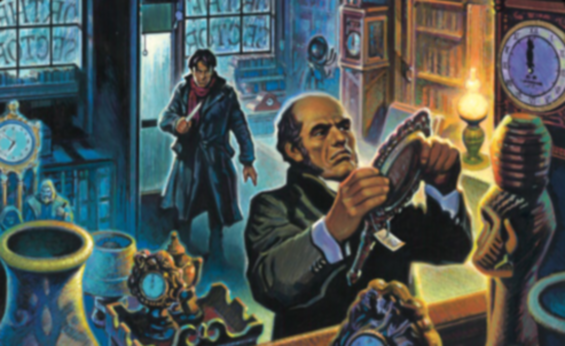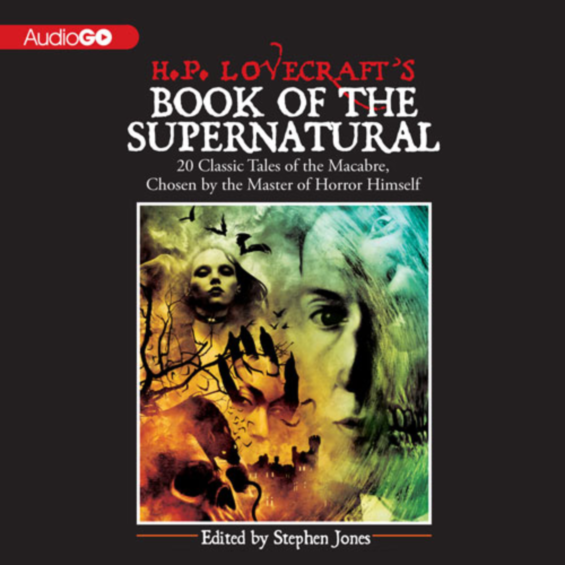
 The SFFaudio Podcast #221 – Jesse and Jenny talk about audiobook NEW RELEASES and RECENT ARRIVALS.
The SFFaudio Podcast #221 – Jesse and Jenny talk about audiobook NEW RELEASES and RECENT ARRIVALS.
Talked about on today’s podcast:
“Spaaaaaaaaace and Military Sci-Fi and Aliens”, Humans by Matt Haig, Mark Meadows, Simon & Schuster Audio, Publisher’s Weekly, Jenny is a librarian, Douglas Adams, The Radleys, Boo Radley’s family?, The Simpsons Futurama Crossover Crisis, Marvel Comics, DC Comics, Red Dwarf, Atticus Finch, To Kill A Mockingbird, a whole pile of stereotypes, Space Magic by David D. Levine, Tk’tk’tk, Escape Pod, aliens, Ancient China, Rewind, The Tale Of The Golden Eagle, are author collections more rare these days?, Charley The Purple Giraffe Was Acting Strangely, Twitter authority, Jenny’s stereotypical powers, “Classic/Epic/Traditional Fantasy (swords! magic! etc!)”, unclothed unicorns, A Discourse In Steel by Paul S. Kemp, Nick Podehl, Angry Robot, Brilliance Audio, Bryce L., Jenny’s fault!, Elisha Barber by E.C. Ambrose, James Clamp, terpkristin, historical epic fantasy, a biblical name, the Fellowship of the Royal College of Surgeons = Doctor -> to Mr., Ms., or Mrs., The Coming Of The Ice by G. Peyton Wertenbaker, urban fantasy, Cast In Shadow by Michelle Sagara, Khristine Hvam, “something is stirring again”, “vaunted”, Gameboard Of The Gods by Richelle Mead, Emily Shaffer, Penguin Audio, Dawn V., Infinite Jest by David Foster Wallace, ONAN, The United States of North America, H20 (TV miniseries), a crime novel set in the future, steampunk, Romulus Buckle & the City of the Founders by Richard Ellis Preston, Jr., Luke Daniels, Springheeld Jack, fun names, do we have aliens in steampunk?, high-octane steampunk?, Rose Davis, cyberpunk, post-humans, robots, iD (Machine Dynasty #2) by Madeline Ashby, Luke Daniels, self-replicating human robots must have rights too!, The Year’s Top Ten Tales of Science Fiction 5 edited by Allan Kaster, Tom Dheere, Nancy Linari, Dara Rosenberg, Infinivox, Invisible Men by Christopher Barzak, Close Encounters by Andy Duncan, Bricks, Sticks, Straw by Gwyneth Jones, Arbeitskraft by Nick Mamatas, The Man by Paul McAuley, Nahiku West by Linda Nagata, Tyche And The Ants by Hannu Rajaniemi, Katabasis by Robert Reed, The Contrary Gardener by Christopher Rowe, Scout by Bud Sparhawk, katabasis as a trip to the underworld, Carniepunk by Rachel Caine, Rob Thurman, Kevin Hearne, Seanan McGuire, Jennifer Estep, Allison Pang, Kelly Gay, Delilah S. Dawson, Kelly Meding, Candace Thaxton, Kirby Heyborne, Simon & Schuster, Sweeney Todd, carnival themed, Joyland by Stephen King, Like Water For Elephants, The Night Circus, The Boys In The Boat: Nine Americans And Their Epic Quest For Gold At The 1936 Berlin Olympics by Daniel James Brown, Edward Herrman (the grandpa on Gilmore Girls), At The Mountains Of Madness by H.P. Lovecraft, Charlie Chan At The Olympics, Mary Lou Retton, Doctor Jekyll And Mr. Hyde by Robert Louis Stevenson, Wayne June, Algernon Blackwood, William Hope Hodgson, Jesse thinks Wayne June is awesome, not scary but chilling, Neonomicon by Alan Moore and Jacen Burrows, Jenny hates censorship!, a horrifying book, Mike Bennett’s narration of The Shadow Over Innsmouth, this horrible wonderful book, necessary but not shown, From Hell, Johnny Depp, Jack The Ripper, Watchmen, what would that do to our world?, The Fall (TV miniseries), Gillian Anderson, Dexter, Breaking the Fourth Panel: Neonomicon and the Comic Book Frame, don’t look under the bed, angry reviews, Alan Moore is working on a new comic book series set in Providence and with H.P. Lovecraft as the main character, The Call of Cthulhu and Other Weird Stories by H.P. Lovecraft (edited by S.T. Joshi), A Good Story Is Hard To Find, The Dunwich Horror, ragged end paper?, Classic Tales Of Vampires And Shapeshifters, Mileskelly.net, The Horla by Guy de Maupassant, The Weird: A Compendium of Strange and Dark Stories edited by Ann and Jeff VanderMeer, Ghosted, Image Comics, WWW: Watch by Robert J. Sawyer, Luke Burrage’s Science Fiction Book Review Podcast, inaudible audioboks from Audible!, podcasts have had this problem, the cost of not proof listening an audiobook or podcast is multiplied by its number of listeners, how many new audiobooks have been published through Audible Frontiers, unnecessary info-dumping, The Ocean At The End Of The Lane by Neil Gaiman, self-identity, Among Others by Jo Walton, statue wedding, performing as a living statue, Viking Boy, Mike Vendetti, new short audiobooks, Science Fiction: A Very Short Introduction by David Seed, Brian Holsopple, “Lit Crit Punk”, how we got Rabkin, The Great Courses are now on Audible.com, TheGreatCourses.com, the popularity of MOOCs, Eric loves fairy tales, no homework!, Heartburn by Nora Ephron, Meryl Streep, thanks Eric!
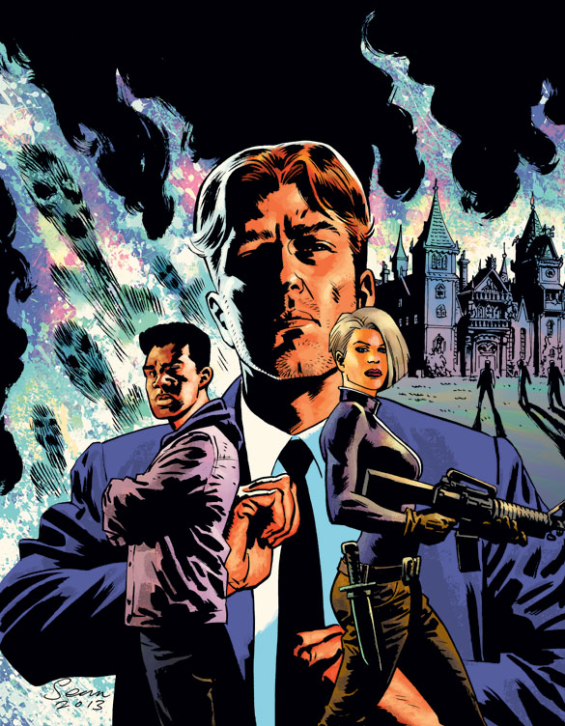
Posted by Jesse Willis

